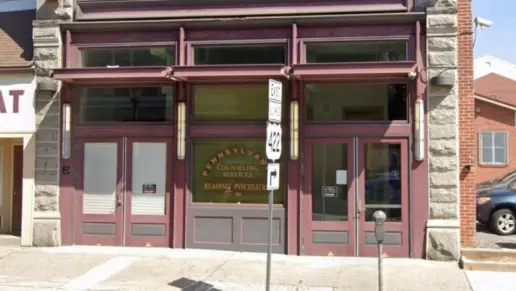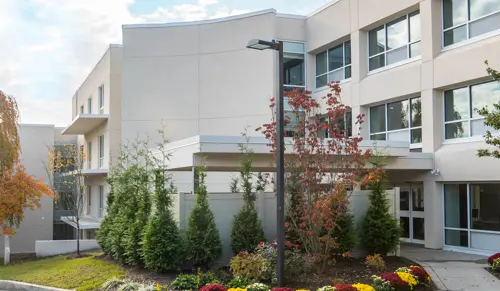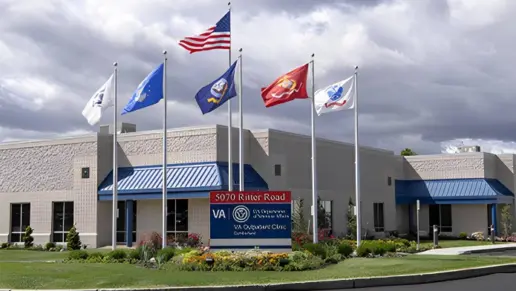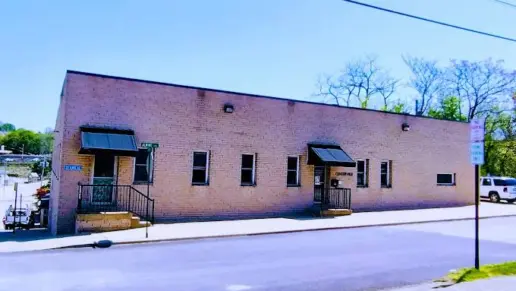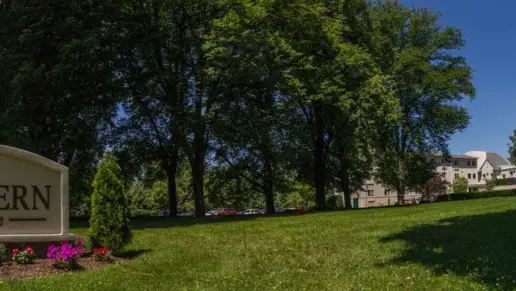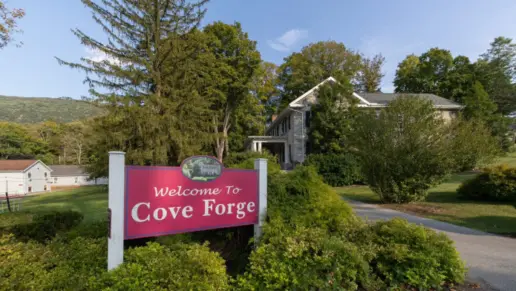I must say upfront that there was one staff member that was phenomenal. But unless things have changed since I was there nearly four years ago, they have no business treating benzo patients. Please DO NOT go here for benzo treatment. Read the Ashton Manual and get help from ...
About Retreat Behavioral Health | Lancaster County
Retreat at Lancaster County is in Ephrata, Pennsylvania. They have detox, inpatient and outpatient programs, and aftercare for adults. The staff speaks English and Spanish.
Throughout your recovery, you’ll have access to medication assisted treatment. They’ll administer Suboxone to help you with your cravings and withdrawal pains. This way, you’ll be less tempted to relapse. Don’t worry about overdosing, since they’ll monitor you during the process each time.
Regarding its regular program, as the name implies, it’s a retreat center. Besides detox and meds, you can do mediation, yoga, equine therapy, gardening, and outdoor recreation. They use a dual diagnosis perspective, which means that your case management team will work to resolve underlying mental and behavioral health triggers.
In addition to treatment, amenities include luxury meals, an art center, music room, and a gym. Transportation is provided to and fro.
After inpatient care is complete, you’ll transition into an outpatient setting, which can include partial hospitalization, intensive outpatient, and general outpatient programs. Each stage gives you more flexibility and independence as you progress. Along the way, you’ll still get counseling and receive peer support. This includes an alumni program for when you graduate out of their care.
Rehab Score
Gallery
Location
Accepted Insurance



Other Forms of Payment
Private insurance refers to any kind of healthcare coverage that isn't from the state or federal government. This includes individual and family plans offered by an employer or purchased from the Insurance Marketplace. Every plan will have different requirements and out of pocket costs so be sure to get the full details before you start treatment.
Self-pay involves paying for treatment out of your own pocket. You can use savings or credit, get a personal loan, or receive help from family and friends to fund your treatment. If you don't have insurance or your insurance plan doesn't cover a specific program, self-pay can help ensure you still get the care you need.
Military members, veterans, and eligible dependents have access to specific insurance programs that help them get the care they need. TRICARE and VA insurance can help you access low cost or no cost addiction and mental health treatment. Programs that accept military insurance often have targeted treatment focused on the unique challenges military members, veterans, and their families face.
Medicare is a federal program that provides health insurance for those 65 and older. It also serves people under 65 with chronic and disabling health challenges. To use Medicare for addiction treatment you need to find a program that accepts Medicare and is in network with your plan. Out of pocket costs and preauthorization requirements vary, so always check with your provider.
Addiction Treatments
Levels of Care
Treatments
The goal of treatment for alcoholism is abstinence. Those with poor social support, poor motivation, or psychiatric disorders tend to relapse within a few years of treatment. For these people, success is measured by longer periods of abstinence, reduced use of alcohol, better health, and improved social functioning. Recovery and Maintenance are usually based on 12 step programs and AA meetings.
Drug rehab in Pennsylvania is devoted to the treatment of addiction. Levels of care, treatment methods, and settings differ, but the aim of each program is to end drug dependency and empower participants to achieve long-term recovery.
Those suffering with co-occurring disorders can turn to us for integrated healing programs designed to address their specific needs and challenges. They provide a stigma-free treatment center where patients will be treated for mental health and their drug and alcohol addiction in a safe environment.
A combined mental health and substance abuse rehab has the staff and resources available to handle individuals with both mental health and substance abuse issues. It can be challenging to determine where a specific symptom stems from (a mental health issue or an issue related to substance abuse), so mental health and substance abuse professionals are helpful in detangling symptoms and keeping treatment on track.
Opioid rehabs specialize in supporting those recovering from opioid addiction. They treat those suffering from addiction to illegal opioids like heroin, as well as prescription drugs like oxycodone. These centers typically combine both physical as well as mental and emotional support to help stop addiction. Physical support often includes medical detox and subsequent medical support (including medication), and mental support includes in-depth therapy to address the underlying causes of addiction.
Programs




Clinical Services
Cognitive Behavioral Therapy (CBT) is a therapy modality that focuses on the relationship between one's thoughts, feelings, and behaviors. It is used to establish and allow for healthy responses to thoughts and feelings (instead of unhealthy responses, like using drugs or alcohol). CBT has been proven effective for recovering addicts of all kinds, and is used to strengthen a patient's own self-awareness and ability to self-regulate. CBT allows individuals to monitor their own emotional state, become more adept at communicating with others, and manage stress without needing to engage in substance abuse.
Group therapy is another effective strategy for facing emotional issues associated with addiction, and it can also be an opportunity to learn new coping mechanisms from others who have been in similar situations. Because patients are separated into age- and gender-specific groups, they are able to communicate with peers for a more comfortable group therapy environment.
In individual therapy, a patient meets one-on-one with a trained psychologist or counselor. Drug and alcohol addiction often coexist with psychological issues, which may be tackled through individual therapy. One-on-one sessions will offer complete privacy and discretion to allow you to achieve personal growth through your counseling.
Motivational Interviewing (MI) is a clinical approach to helping people with substance abuse issues and other conditions shift behavior in positive ways. It is more goal-oriented than traditional psychotherapy, as MI counselors directly attempt to get clients to consider making behavioral change (rather than wait for them to come to conclusions themselves). Its primary purpose is to resolve ambivalence and help clients become able to make healthy choices freely.
Patients with a history of traumatic stress and addiction can get the assistance they need from our personalized, team-centered treatment approach. They help patients set boundaries and establish a sense of emotional and physical safety through their integrated modalities.
Couples therapy in Pennsylvania is typically short term treatment that focuses on building skills that lead to positive long term relationship changes. Sessions with the therapist may occur both jointly and individually.
Through their Family Education Program (FEP) at Retreat at Palm Beach and Retreat at Lancaster County, you and your family will learn the basic elements of addiction, as well as the tools and resources most associated with long term recovery. Their Family Education Program is designed to address the needs of both the patient, as well as the patient’s family.
Life skills trainings involve all the skills a person must have in order to function successfully in the world. These include time management, career guidance, money management, and effective communication. Truly successful addiction recovery is based on the ability to not only live substance-free, but to thrive. Life skills teaches the practical necessities of functioning in society, which sets clients up for success in life, and therefore sobriety.
Amenities
-
Residential Setting
-
Private Rooms
Accreditations

The Commission on Accreditation of Rehabilitation Facilities (CARF) is a non-profit organization that specifically accredits rehab organizations. Founded in 1966, CARF's, mission is to help service providers like rehab facilities maintain high standards of care.
CARF Accreditation: Yes

State Licenses are permits issued by government agencies that allow rehab organizations to conduct business legally within a certain geographical area. Typically, the kind of program a rehab facility offers, along with its physical location, determines which licenses are required to operate legally.
State License: Pennsylvania
License Number: 5PPN6601

The Joint Commission, formerly known as JCAHO, is a nonprofit organization that accredits rehab organizations and programs. Founded in 1951, the Joint Commision's mission is to improve the quality of patient care and demonstrating the quality of patient care.
Joint Commission Accreditation: Yes
Accreditation Number: 571954












